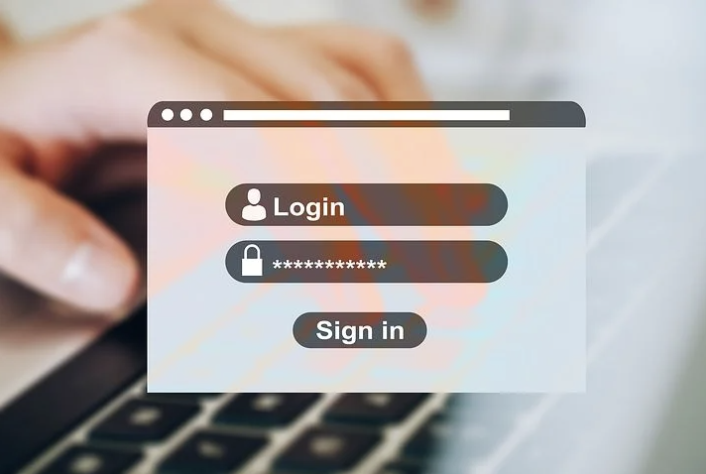When it comes time to make up a password, do yourself a favor and skip your name or your pet’s name. Instead, use long, nonsensical words and number combinations for your password.
CBT Nuggets examined 50,000 emails and passwords that were leaked online; they analyzed passwords for root words and easy-to-guess elements and published the most commonly used words, which are:
- Love
- Star
- Girl
- Angel
- Rock
- Miss
- Hell
- Mike
- John
“Because one of the ways hackers steal passwords is by using commonly used words, we recommend steering clear of these popular terms or even better, using nonsense words and letter-number combinations,” the post says.
Nearly half of the passwords surveyed contained a username or real name, like Amy, Lisa, Scott and Mark.
Millennials, age 25-34, are the most commonly hacked group. In fact they are “four times more likely to be hacked than any other demographic,” according to the study. This might be because growing up in the early days of the Internet has led to complacency.
Truly secure passwords need to be three things;
- Long
- Random
- Changed frequently
An encrypted password management app, like LastPass or Dashlane 4, can help. The app will store credentials to any number of websites and can create secure randomized passwords. You can see a list of PC Mag’s Best Password Managers for 2016 here.
According to this TechRepublic story, “The most effective way to secure internet accounts is with a randomized password containing upper- and lowercase letters, numbers, and symbols. This is best done using a password manager that can generate and securely store passwords.”
Also, don’t use words that appear in a dictionary. And ALWAYS use different passwords for different sites and systems, that way if hackers do manage to compromise one system, they won’t have the key to unlock the rest of your accounts.
Curious about how strong the passwords you’ve created are? Visit Microsoft’s Password Strength Checker.
Are you covered for identity theft?
Image: Pixabay

